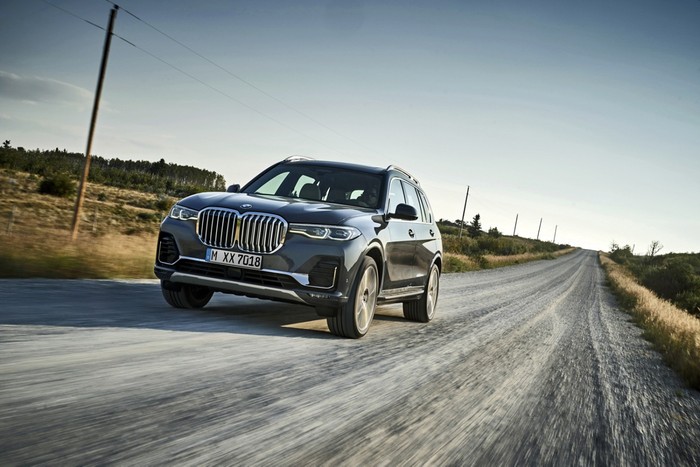
Trump: China agreed to "reduce and remove" tariffs on cars
The move is part of a cease-fire in the trade war between the US and China.
China has agreed to "reduce and remove" the 40-percent tariff it slaps on new cars imported from the United States, president Donald Trump wrote in a Twitter post. The decision was announced shortly after the United States and China negotiated a 90-day cease-fire in the trade war opposing the two giants.
The Trump administration didn't provide additional details; we don't know if the move is temporary or permanent, or precisely when it will come into effect. But, taken at face value, the president's comments should allow companies who build cars in America and sell them in China to breathe a sigh of relief. BMW, Tesla, and Ford were among the firms hit hard as collateral damage in the trade war. They were forced to raise prices in the world's largest new car market, which ended up costing them sales.
China has agreed to reduce and remove tariffs on cars coming into China from the U.S. Currently the tariff is 40%.
-- Donald J. Trump (@realDonaldTrump) December 3, 2018
Reuters notes the United States currently charges a 27.5 percent tariff on vehicles with a "made in China" label. The tax has already changed the automotive landscape. Ford decided not to import a crossover-ized Focus from China, Volvo began sourcing the XC60 from Sweden rather than from China, Buick considered canceling the American-spec Envision, and Cadillac stopped selling the hybrid CT6 it builds on the outskirts of Shanghai. These decisions might be re-evaluated if the United States agrees to reduce its tariffs, too. We'll know more when the White House sends out an official statement.
China and the United States will work towards improving their relationship in the coming weeks. They'll notably look at the way China protects intellectual property, its policies on technology transfer, and how it handles cyber intrusions. Trump's administration will postpone another tariff increase scheduled for January 1, 2019, Reuters reports, while Chinese president Xi Jinping has agreed to once again source farm and energy products from the United States.
Stay tuned for more on this developing story.